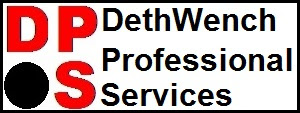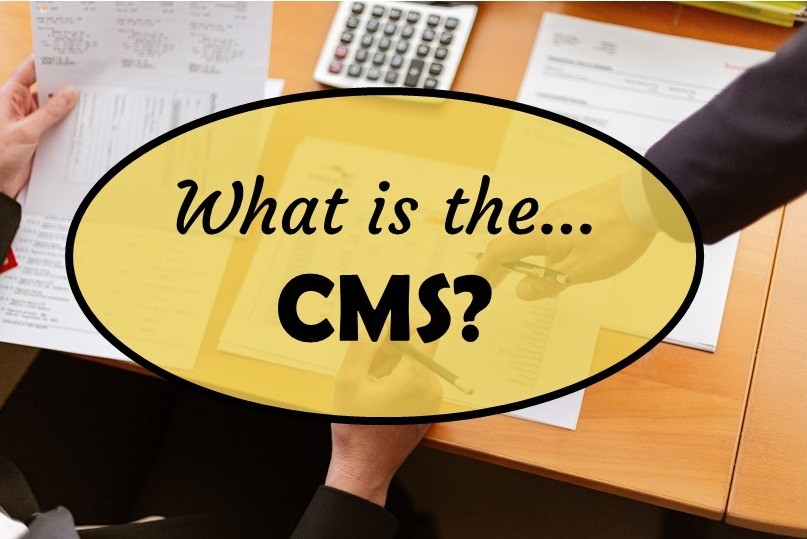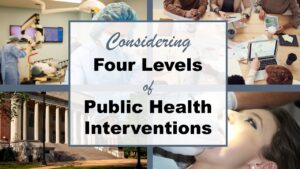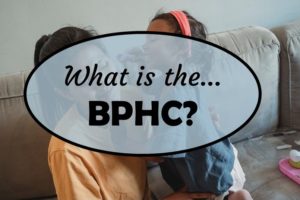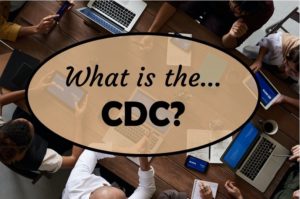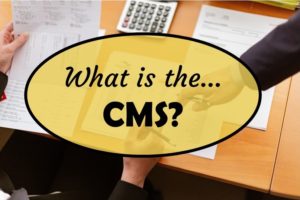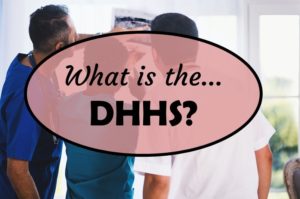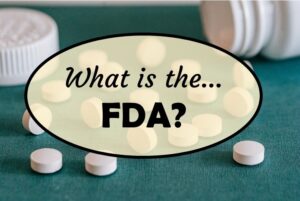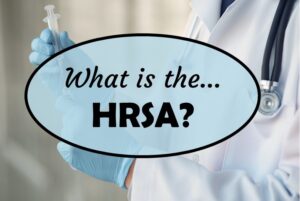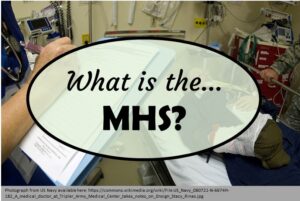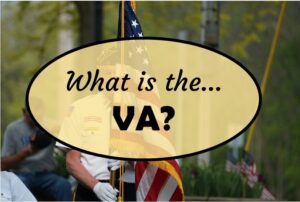“What is the CMS?” is what people ask today, but back in my day, the question was, “What is the HCFA?” (pronounced HICK-fah). HCFA used to stand for the Health Care Financing Administration, and it administered and oversaw both the Medicare and Medicaid programs. At some point, its name changed to the Centers for Medicare & Medicaid Services, which for some reason is abbreviated CMS – but it still does the same thing as it did when it was named HCFA.
What is the CMS?
CMS stands for the Centers for Medicare and Medicaid Services. It is the federal agency that administers both public insurance programs, and it is one of the agencies in the DHHS.
What does the CMS do?
The CMS does a lot of different activities, and they all have to do with Medicare and Medicaid. Here are some on the list:
- Running the Medicare program – which means making sure people can join when they qualify, getting them access to care under Medicare, and ensuring healthcare payment happens
- Running the federal arm of the Medicaid program – which means appropriating Medicaid money to state governments
- Making federal regulations about both these programs
- Overseeing, preventing and prosecuting Medicare and Medicaid fraud
- Training providers and other stakeholders
- Setting up the Medicare fee schedule
- Running the federal arm of the CHIP program
- Making data available about facilities so data analysts can do healthcare quality studies
My Take on the CMS
The CMS is an unusual agency if you compare the US to other countries. In other countries, there is usually a Ministry of Health (MoH) that owns at least some public facilities. Then, the MoH makes all kinds of rules and regulations for those facilities, and runs their budgets. Based on this experience, they make rules about private facilities and the rest of healthcare finance in the country. It’s through their complete control of these facilities, and their regulation of the private facilities that they can “load balance” the healthcare system if something unbalancing ever happens (like a global pandemic).
But in the US, we have DHHS, which doesn’t own any public facilities. So when the CMS needs to go make fee schedules and do regulation, they are dealing with facilities that are private, and don’t need to cooperate with them. In fact, these facilities are part of powerful lobbies like the American Hospital Association (AHA), which do as much as possible to prevent the invasion of the government into these private businesses. The facilities keep it so that they minimize the data they give to DHHS and CMS.
I also have a private business. So who can blame these private healthcare facilities from trying to keep the government out? Other countries are more polite, and set up their regulation of private facilities to be as minimal as possible, and based on what is found to be necessary from regulating public facilities. But because we do not have universal healthcare in the US, throughout our history, this agency – was HCFA, now CMS – has just been kind of like a political pinball of these different lobbies. The insurance lobby wants one thing, and the hospitals want another, and the nurses want another, and it’s all this politics that ends up deciding the Medicare fee schedule – not anything based on real facilities, transactions, and budgets actually run by CMS, that CMS is accountable for.
So when we ask, “What is the CMS?” I am old-fashioned, and I answer, “It’s the US’s public healthcare financing agency”, which is what it used to be called. It is an agency made of people, politics and paperwork – but no public healthcare facilities.
Updated July 29, 2021. Added banner November 2, 2022.
Read all the public health alphabet soup posts, and learn about the public health landscape!
You might wonder what CMS – the Centers for Medicare and Medicaid Services – actually does. This blog post provides an overview of CMS’s role and activity in the US healthcare system.
